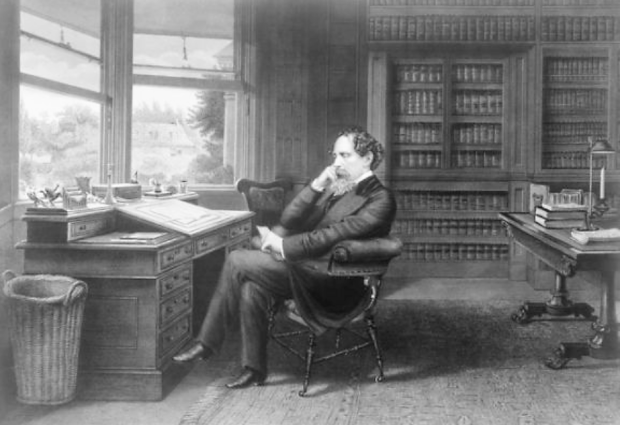Life
Making time to write is the main thing that distinguishes writers from other people, especially from the ones who say that they’d love to write a book if only they had the time. We make the time. We write it into our hearts and diaries and keep to it, there is no other way. In unavoidably busy times, even five or ten minutes a day keeps the writing muscle supple for when things are calmer.

The trouble is that now and again life throws some really big obstacles our way and we are forced to stop and deal with them. I’ve found that, up to a point, life’s difficulties can help us write. Everything is ‘material’ and no material is more useful than our own lives. I’m not wishing horrible or extreme experiences on anyone but sometimes we write more deeply at those times. When two or three of those big things arrive in quick succession, however, writing can get squeezed out. I don’t just mean writing time; I mean that the words won’t come right.
Don’t worry about it. Wait. Be kind to yourself. Deal with what’s happening, and keep doing a bit of daily writing if you possibly can, even if it’s just a few snippets and observations. When, like crocus shoots in spring, your writing does come back, you’ll be ready to welcome it.
High expectations
By this I mean the high expectations of the people you live and work with. As soon as you say you’re writing a book, it starts:
‘Can’t I have quick look, I can check your grammar for you, wouldn’t that be nice?’
This person means well and is trying to be helpful but the simple answer is no. The kinder one is ‘No thanks, I’m just limbering up at the moment, discovering my first draft, so it’s not ready to for anybody else to see yet.’
There’s the other sort who don’t always mean so well:
‘Fifty Shades of Grey, is it, nhar nhar,’ they go, ‘need any help with research?’
‘Great news, you’re going to be the next Hilary Mantel / Stephen King / George RR Martin. So your other half’s going to retire and let you keep the two of you in luxury?’
It takes a lot of time and effort to write a publishable book. By the time you’ve been working on your book for a while, this kind of pressure can have you sending off your first three chapters and synopsis to agents, to be ignored by all of them because they are not sufficiently polished yet. How could they be? You might have even have tried a couple of big publishers and been ignored by them too and you’re losing the will to write.

Maybe previous centuries had a more realistic view: Dickens worked himself to an early grave, Scott Fitzgerald drank himself to death, Hemingway, Plath and Woolf killed themselves. It took years for the Bronte sisters to get published and Jane Austen, Beatrix Potter and William Blake published their own. Nobody assumed that their books came easily to them. Publicity for today’s success stories gives the impression that JK Rowling knocked out a few stories on a napkin in a café with the buggy quietly beside her, and that EL James’ Fifty Shades was the product of a few nightly scribbles on the internet. Why wouldn’t readers think it takes as long to write a book as it does to read it?
I suggest that you have your answers ready: smile and say that it’s going well, thank you, no big news yet but you will let them know. Have your ten or twenty-word summary of your plot ready – that’s always good practice – and listen to which bit of it grabs them most. If they say they love the sound of a character you haven’t thought much about, or their eyes light up at a battle scene, it might be time to bring that into your draft more. If they say they have a cousin who’s an agent or publisher, listen even more carefully and take a note of any details. And if they make you feel miserable for having nothing to show for all your effort yet, just say that Rome wasn’t built in a day and walk away. Anything else they say, however well meant, could be damaging. If you find yourself having to justify your writing ambitions to people you work with or your family at home, the best course is to say as little as possible about it. Tell your writing group and nobody else.
The cure is the same as for that inner perfectionism of yours that comes from years of homework, school reports and grades: practise easy private writing whenever you can, be kind to yourself and persist. It’ll come back.
You’re living with a darling who never asks to see your writing in progress? Just runs you a hot bath and says ‘Never mind, love, it’ll come, just keep going’ when you’re struggling? Marry that person immediately, if you haven’t already.
One thought on “What holds our writing back?”